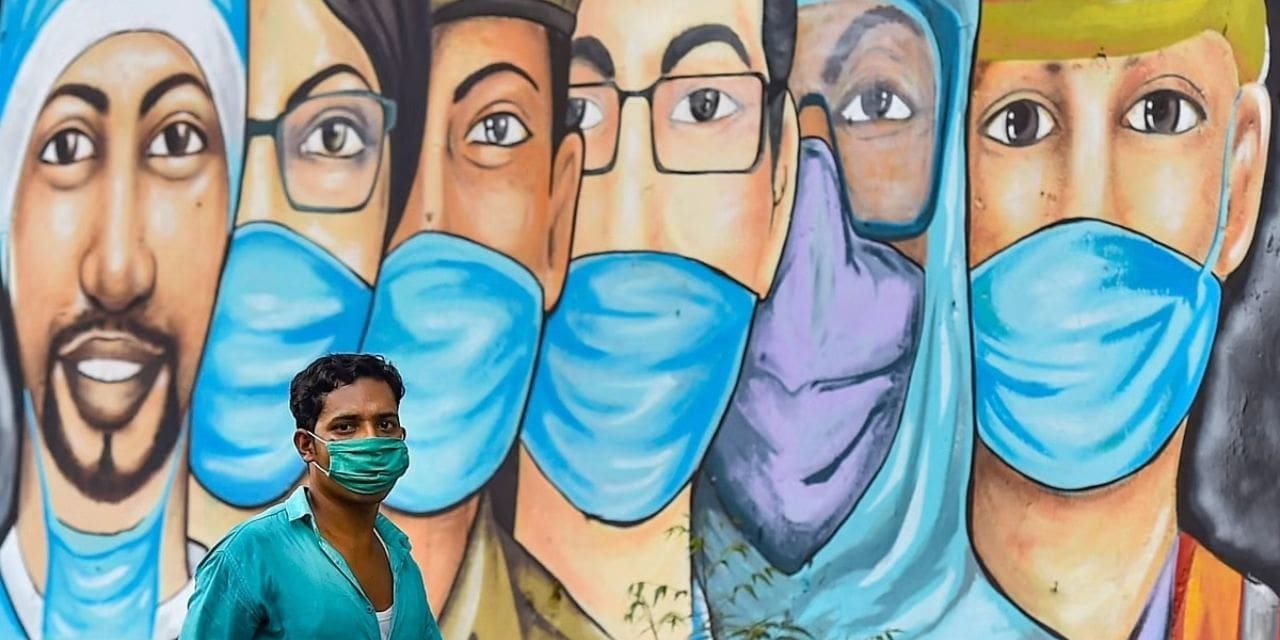(Lubbock, USA, February 11, 2023)—International collaborations in science particularly in areas that have global impact are gaining attention.
In the recent COVID-19 pandemic situation, personnel protective equipment like surgical gowns, face masks, hospital drapes played important roles in offering necessary and added protection to save lives.
Nonwovens and Advanced Materials laboratory at Lubbock-based Texas Tech University (TTU) has stepped in during the need of the hour and has undertaken projects to highlight the usefulness of face masks in controlling the pandemic. A new concept, ”FISOR,” evolved out of the latest research.
Chennai, India-based Asthagiri Herbal Research Foundation collaborated with the Nonwovens Laboratory at TTU to highlight the accumulation of microbes on face masks and the need to focus more on hygiene. This collaborative paper was published in the flagship peer-reviewed journal, “TAPPI Journal,” published by the Technical Association of Pulp and paper Industry in January 2022.
On February 10, 2023, the paper “Microbial load and proliferation associated with various face mask types and sources during the COVID-19 pandemic,” has been recognized as the co-recipient of Best Paper Award for 2022 published in TAPPI Journal. In addition, this work is also recognized as the recipient of half of Honghi Tran prize.
The paper that appeared as Cover Page article in TAPPI Journal can be accessed at:
https://imisrise.tappi.org/TAPPI/Products/22/JAN/22JAN23.aspx
While the work focuses on the importance of face masks, the journal notifies that this is the first ever paper in the nonwovens/textiles field to receive the best paper recognition—credible recognition for the growing area of nonwovens.
The authors of this paper are Narasimhan Srinivasan, Meenakshi Balakrishnan, James Ayodeji and Seshadri Ramkumar.
Dr. Narasimhan Srinivasan, Chairman of the Asthagiri Herbal Research Foundation has been a colleague of Nobel laureate Herbert Brown and has undertaken research at Purdue University on hydroboration developing chemical reagents.
According to Dr. Narasimhan, “international collaboration provides resources that are complimentary including research expertise to solve common and global problems.”
New areas such as biobased processes and products should provide new avenues for research in textiles and materials science stated Dr. Narasimhan. His research organization is now working on herbal blends that promote immunity, antimicrobial filters, drugs for novel anticancer leads.
Nonwoven and advanced textiles sector can gain much by multidisciplinary approaches involving organic chemistry, natural products chemistry leading to translational research.
Such collaborations are needed as the industry is focusing its attention on sustainability, climate change, etc.
By: Seshadri Ramkumar, Professor, Texas Tech University, USA

